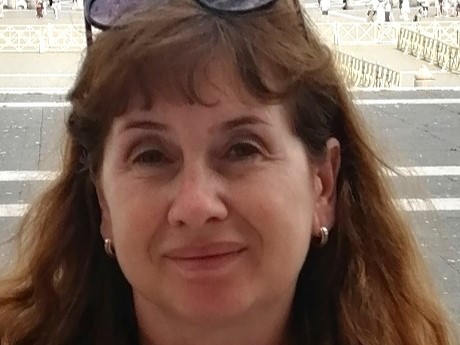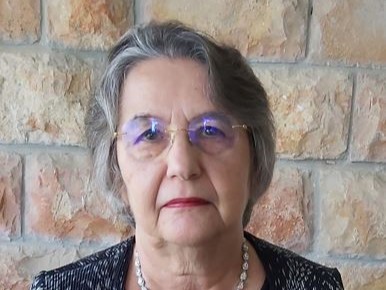1st International Egodocumental Network Conference
Vilnius University, Nicolaus Copernicus University in Toruń, the University of Lodz, and the Egodocumental Research Group (https://egodocuments.umk.pl) organise an international conference focusing on research, development, and changing perceptions of egodocuments in the twenty-first century. The conference aims to bring together scholars from different disciplines to share their insights and to encourage interdisciplinary studies of egodocuments.
The conference will also be the first meeting of the International Egodocumental Network established in December 2023 by the Egodocumental Research Group (Nicolaus Copernicus University in Toruń and the University of Lodz) to unite scholars from different disciplines working on egodocuments. It provides a platform for discussion, collaboration, and exchange of information between the participants, as well as online research seminars organized twice a year. In this dimension, our conference continues two editions of the Scientific Symposium "Egodocuments, Life-Writing and Autobiographical Texts..." organized at NCU in Toruń in 2022 and 2024.
Keynote speakers

Dr. Nataliia Voloshkova
Kazimierz Wielki University and Oxford Brookes University
Prof. Leona Toker
Hebrew University and Shalem Academic College
Prof. François-Joseph Ruggiu
Sorbonne Université, CNRS and Oxford University
Maria Buko
Universität Konstanz
A Child’s Drawing and a Short Essay as an Egodocument of War
I, who could never tease anyone or hate anyone, learnt to do so. Now I would beat everyone, or […] even hang. Just like they did. – wrote an 18-year-old Polish girl in a survey in 1945. After the violent events of World War Two, nearly 1.5 million orphans remained in Poland, which constituted as many as 22% of the whole generation. Their emotions and experiences were documented at the time through surveys, drawings and interviews. Under the German occupation of Poland, Polish pedagogues and psychologists developed research methods for recognising the war’s impact on children and youth. This allowed for the launching of the state-wide studies of Polish children in the immediate postwar period. Parallelly, a competition for children’s drawn and written memories of war was announced in a popular magazine. These projects resulted in around 3000 drawings, 6000 questionnaires, and 600 short essays collected. I aim to discuss these sources as ego documents of war-experiencing children in an attempt to recognize all their limitations but, at the same time, discuss their potential in uncovering at least a bit of subjective narration of one’s (piece of) biography of such an underrepresented contributor pool as children and youth.










